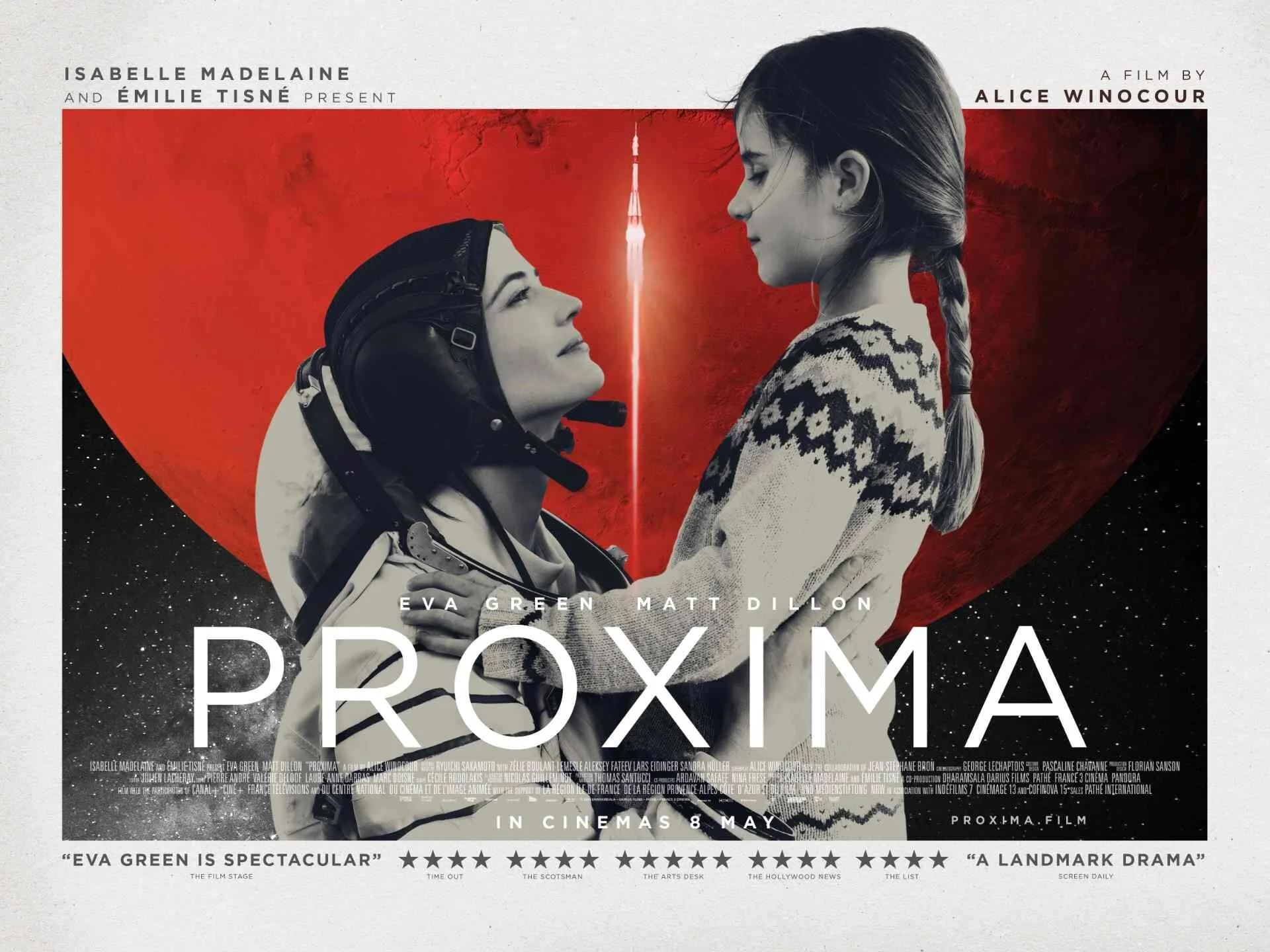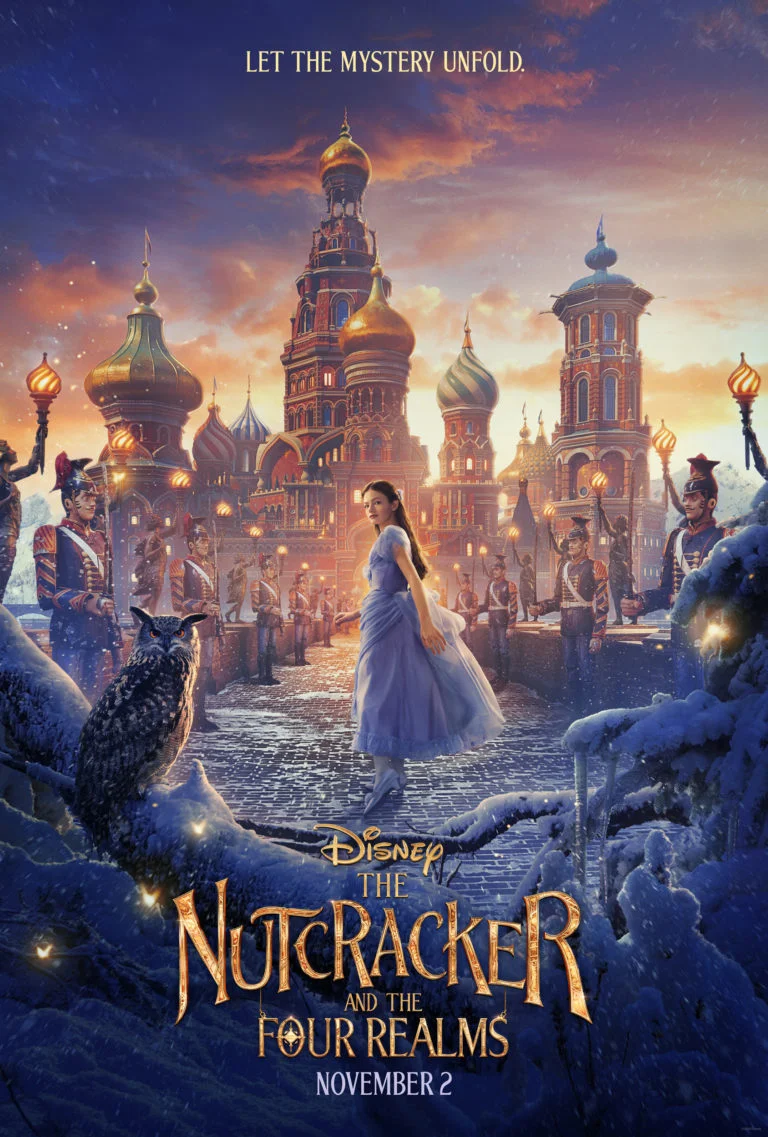Sex and the City
Lockdown has made some people do some rather crazy things. I haven’t actually watched that many films or binged too many series (our house’s evenings have been rather taken up by Mario Kart), but our own personal little slice of crazy has been rewatching Sex and the City in its entirety.
One of my housemates had never seen any of it and, in an intoxicated lapse of judgment, we watched a particularly heinous ep that the rest of us thought was a hilarious on-boarding experience. We preceded to start from the beginning and ninety four episodes and two excruciating films later we’re done.
Some classics age well and some age awfully, but to be quite honest, Sex and the City’s biggest problems don’t seem to be ones that have emerged over time (although it is marred by those too).
It is quite a bold move to produce a main character that is so selfish, solipsistic and inconsiderate, then surround them with thoroughly likeable characters (who are not without their own foibles) and ask us to root for the mean one. Even without the hindsight of modern sensibilities making us cringe at some of the quips and storylines that surely must have been questionable even at the time, the way Carrie treats her friends is enough to make Sex and the City less of a feel good romp and more of a watch-for-the-anger cringe-fest.
It would also seem to me, although I do not hide my the fact I may not be the perfect person for this analysis, that the portrayal of these women is so cartoonish that you’d forgive a person watching a scene for the first time for thinking it was an SNL skit. From the first episode to the last scene of the second film, the characters remain ultra-consumeristic, relationship obsessed and misogynistic beyond belief. With the diversity in their jobs and character traits, the fact that they end up as similar as they are is lazy and reductive writing.
The series age obviously shows with its handling of feminist issues, race, class and it’s LGBT characters (both series regulars and one off features). In some ways, and this is not to excuse it, we have come to expect this from ageing shows. It is an often sad, but a thoroughly necessary fact of our times that we have to address the lazy, outdated and just bad writing of some our favourite and most popular TV shows. Often they rest on the easy tropes embedded in sexist, racist and homophobic stereotypes for cheap and quick jokes that pad the show out. It also can’t be ignored that the protagonists are all well to do upper middle class white women. The hope is that when the shows have their time again, now having had a chance to mull over the criticism of their writing, they will seek to critique themselves and show their audience they can listen and adapt.
[enter the Sex and the City films]
With some truly staggering runtimes, you might think that they have the scope to really grapple with all the issues you hope they would and even have the characters call themselves out for their own indiscretions. No. What we get is a deeper and more drawn out dive in to the ill considered world of these now even more monied women where one character’s biggest problem is worrying whether she is too happy and content.
At best the first film is a ratification of people’s feelings about the show; if you love it, it probably only heighten your love, if you find its notions antiquated and its writing lazy that will only be further entrenched here. At worst it is a rather dull drawn out series-finale-esque episode that serves to damage the reputation of one of the few male characters we actually get to know and like, and cement the fact that Big and Carrie are an awful pairing.
The second film, a business trip jaunt that sees all four main charters jet off to Abu Dhabi, is a fever dream of a flick that seems hardly possible to have been made only 10 years ago. I honestly would have to go through scene by scene to truly highlight how offensive this film is to so many groups, but the hits will have to suffice.
Its opening starts with a “gay wedding” that all the characters state is “just a wedding” although they can’t stop calling it a “gay wedding”. It sees Liza Minelli, the manifestation of gay energy (the show’s words not mine) performing Single Ladies, which has to be seen to be believed. To be perfectly fair, if it had been made by the community, this would read as hilarious but as it’s not it comes across as mocking. That’s not even to mention that the show forces its two only gay characters, who have hated each other for years, to get together #Where’dMarcusGo!
From their we get two hours of faux empowerment speech that belittles the beliefs of many Muslim women. Eventually this culminates in their own empowerment being represented by their secret love of American fashion, cause you know... the only true equality is them being portrayed as just as consumeristic and shallow as our main characters. Capitalism is the only true religion in the new world. Of course this is then followed up by our New York gals donning Niqābs as disguises to escape a market full of people they offended.
Nestled in the middle is a scene where Miranda and Charlotte discuss how hard being a mother is and even make mention of their own privilege in having full time Nannies. “How do women without full time help do it” Charlotte cackhandedly exclaims. While a little on the nose and long overdue, the scene makes a nice change of pace and really presents an alternate notion of a film where the writers really address their (and the character’s) own misgivings. A tight scene that is inevitably cut short by Carrie needing to talk about her self inflicted relationship issues, it is a light in the darkness.
However, my biggest problem with the series and five hours of film is how watchable it is. With all of its reductive hot takes, offensive jokes and truly limited view of the human condition, you just can’t seem to look away. I can imagine how detrimental the show must have been for so many people but surrounded by friends who are just as baffled as I am, it really is a scream-at-the-TV-in-hot-blooded-anger good time.
To sum up; I’m glad Kim Catrall had the good sense to end this outdated shitshow, but I really couldn’t have enjoyed it more while it lasted, even if my enjoyment was unintentional on the writer’s part.
I can’t recommend (not) watching it enough.





